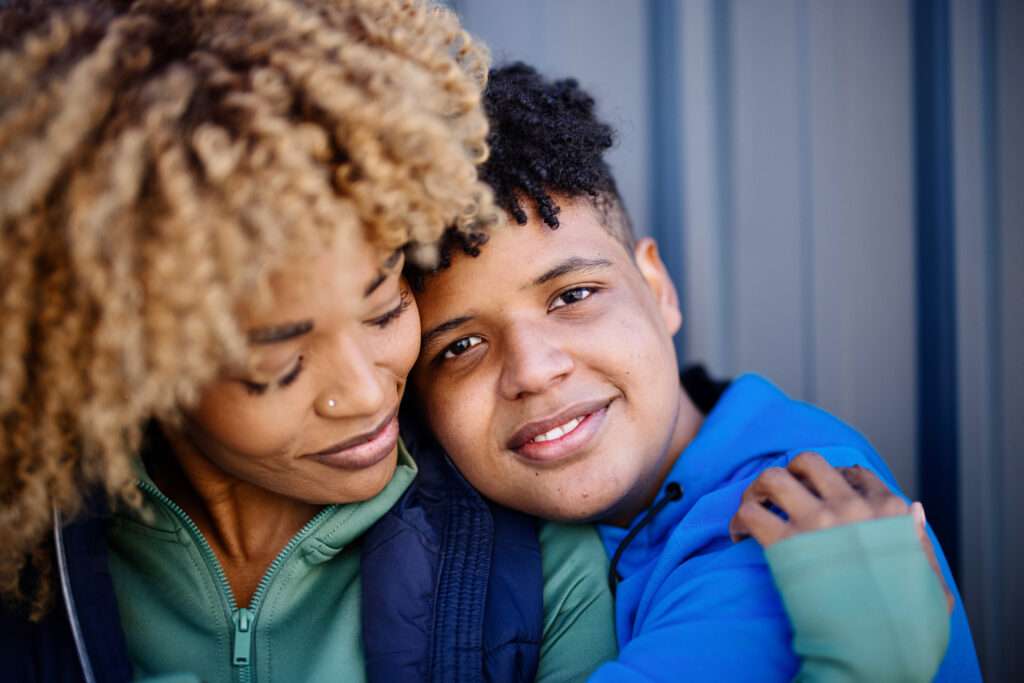Young Black men in our society face a unique set of challenges, including economic, healthcare, and educational disparities, compounded by systemic racism and social injustice. Addressing these mental health disparities creates an environment where Black men often feel undervalued and marginalized by society, leading to reluctance to seek mental health treatment and receiving inadequate care when they do.
The consequences of this are stark. Suicide ranks as the third leading cause of death for Black men aged 15-24, highlighting the urgency of the mental health crisis within this demographic. In 2018, the suicide rate for young Black men was four times higher than that for young Black women, underscoring the severity of the issue.
And Black men are not accessing the assistance they require for these issues. For instance, only 26.4% of Black and Hispanic men between the ages of 18 and 44, who encountered daily feelings of anxiety or depression, were inclined to utilize mental health services.
This contrasts with 45.4% of non-Hispanic White men experiencing similar feelings (NCHS Data Brief No. 206, 2015). Furthermore, when Black men do seek assistance and would prefer a provider of the same race, it can be challenging to locate Black psychologists. Currently, they represent only about 4% of the doctoral-level psychology workforce, although this figure is on the rise, as indicated by 2018 APA Center for Workforce Studies data.
According to the Health and Human Services Office of Minority Health:
Here, we delve into practical strategies to engage Black men in mental health treatment effectively:
1. Acknowledge Personal Biases: Clinical providers must recognize and address their personal biases, utilizing tools like the Implicit Association Test to identify and mitigate biases related to race and skin tone. Ongoing assessments and interventions are essential to ensure unbiased care delivery.
2. Culturally Sensitive Assessment and Diagnosis: Implement evidence-based screening tools that consider the biopsychosocial-spiritual model, which accounts for biological, psychological, social, and spiritual factors. Tools like the Cultural Formulation Interview assist clinicians in understanding patients’ perspectives within their social context, preventing misdiagnosis, and ensuring appropriate treatment.
3. Tailored Treatment Modalities: Utilize therapeutic techniques such as talk therapy, narrative therapy, and healing circles, which empower clients, validate their experiences, and foster community support. These modalities offer culturally relevant approaches to address the unique challenges faced by Black men.
4. Integration of Spirituality: Incorporate patients’ spiritual or religious beliefs into treatment plans, recognizing the significance of spirituality as a protective factor for resilience and well-being among Black Americans.
By implementing these strategies, we can bridge the gap in mental health care access and quality for Black male youth, ultimately promoting their holistic well-being and resilience. Failure to prioritize the mental health needs of young Black men not only perpetuates existing disparities but also poses risks to their families and communities. We must take proactive steps to ensure equitable mental health care for all, starting with amplifying the voices and experiences of Black men in the conversation about mental health.
This article was sponsored by the Winners Circle Group of Texas.










